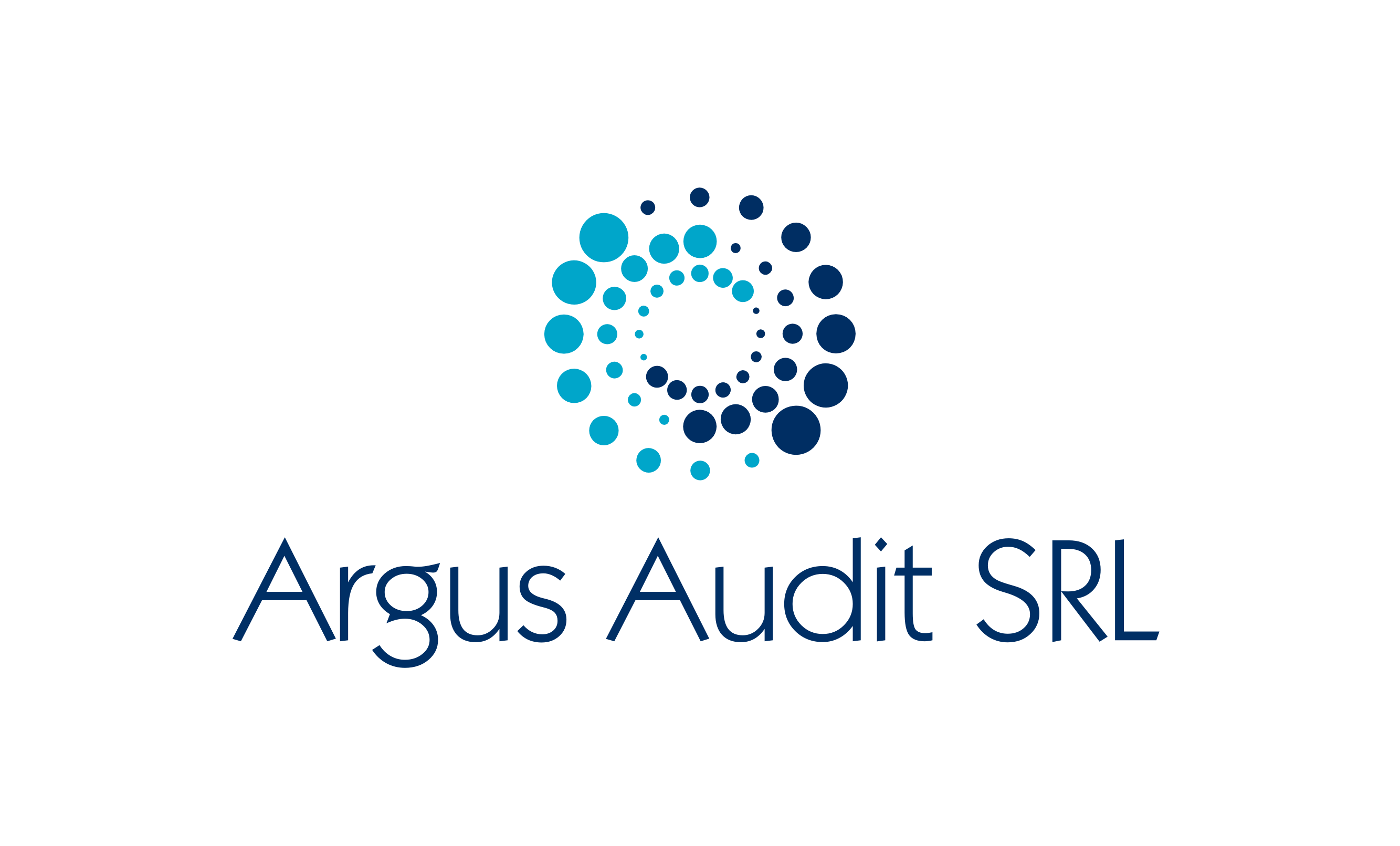To optimize companies’ tax planning, we would like to present below the current treatment for the depreciation of commercial receivables that companies have the right to deduct from corporate income tax calculation if they comply with the provisions in force
The companies have the right to create provisions for doubtful debtors up to 50% of their values if the receivables comply with the below cumulative conditions:
- the receivables are uncollected within a period exceeding 270 days from the due date;
- are not guaranteed by another person;
- are due to a person who is not an affiliated party with the taxpayer.
The provisions for doubtful trade debtors can be deducted up to 100% of their values if the following conditions are met:
- are held by a company against whom the insolvency procedure is declared based on a Court decision or by a physical person against whom the insolvency procedure is opened based on:
- debt repayment plan;
- liquidation of assets;
- are not guaranteed by another person;
- Are due to a person who is not an affiliated party with the taxpayer.
(A person is affiliated if his relationship with another person is defined by at least one of the following:
- a physical person is affiliated with another physical person if this one is his husband/wife or relative up to the third degree; a physical person is affiliated with a company if the physical person holds, directly or indirectly, the holdings of affiliates persons, at least 25% of the value/number of shares or voting rights of a company or if he controls the company effectively;
- A company is affiliated with another company if at least it holds, directly or indirectly, including the holdings of affiliated persons, at least 25% of the value/shares or voting rights in another company or if it controls that company effectively;
- A company is affiliated with another company if an entity holds, directly or indirectly, including its affiliates’ holdings, at least 25% of the value/number of shares or voting rights in both the first and second companies if it effectively controls them.)
At the same time, in case of the beneficiary’s bankruptcy or if the reorganization plan is admitted and confirmed by a court decision, the seller will reduce the VAT base.
The adjustment is allowed from the court decision date and can be made within five years from the 1st of January of the following year.
Source:
Order 1802/2014
Law no. 227/2015 regarding Fiscal Code, with all amendments
Our team of professional is available for any clarifications or additional details required in your analysis. The above information represents just a summary of aspects we consider relevant in the recently published legislation. This is not exhaustive disclosure of information and it is not intended to be used as advice on any particular matter. We invite all readers to contact us for further clarification of any specific issue. Argus Audit team and its associates disclaim liability in any action taken by a third party in reliance exclusively on summarized information presented in our publications.


